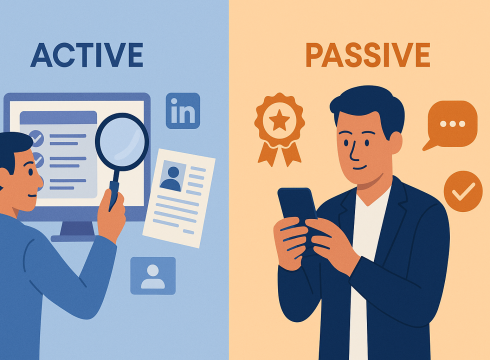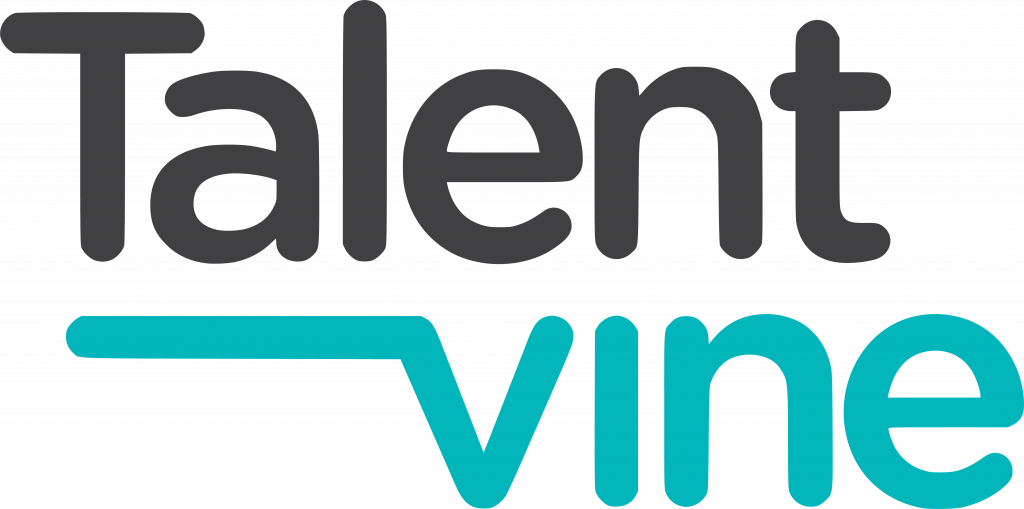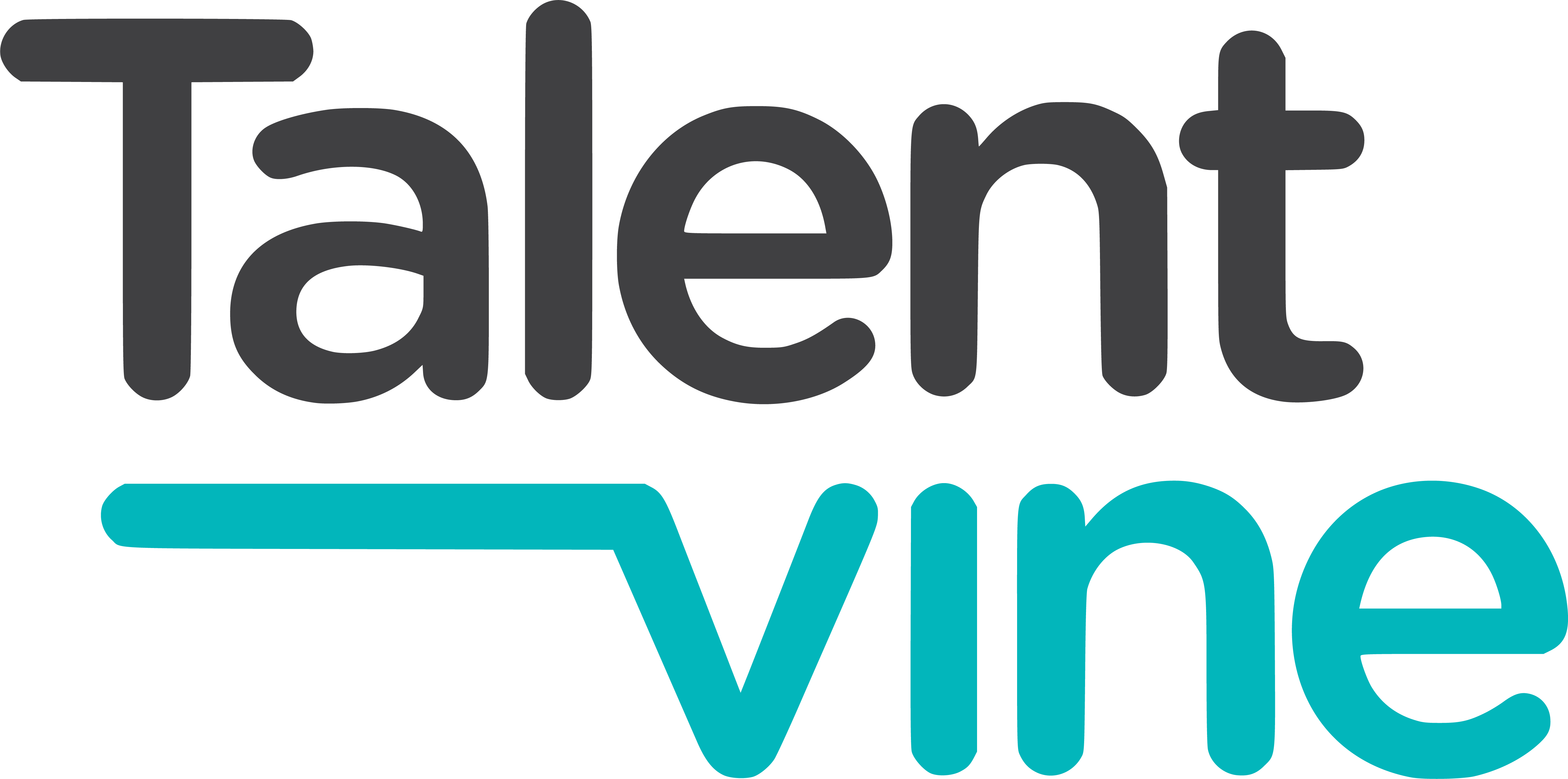Luis Abreu, a UX designer based in the UK has recently written about his experience when applying for a job with Apple. This involved three screenings, five FaceTime interviews lasting two hours each and an in-person visit.
That’s a lot of time invested by the employer and the candidate, especially when you don’t end up getting the job like Luis. But what happens when you have huge numbers of candidate applications?
In my old corporate life, I had a client that used to receive over 3,000 applications for their graduate program. The application cut off date was followed by three insane weeks of manual CV screening which resulted in ridiculously late nights, neglected fiancés, overgrown lawns and unhealthy levels of caffeine and take-away consumption. These numbers would be screened down to about 600 candidates.
Because there would be a three week space of candidates not hearing from the employer, they were adamant that the next stage of the process should be telephone interviews so there could be that human contact. Yip, thats a team of five carrying out 600 telephone interviews with candidates from 7am to 8pm, 7 days a week with many candidates rescheduling last minute, calls dropping out mid interview and the realisation that even if a candidate answers the phone with a Breaking Bad quote, you’ve still got to sit through the next 20 minutes of the call with this Walter White inspired candidate to ensure a fair process for all.
In hindsight, maybe my consultative skills weren’t up to scratch but the client were not interested in using pre-recorded video interviews at this stage to filter out the candidates. Their reason was that if the candidates didn’t speak to a member of the hiring team, they would have a negative candidate experience and the top talent would end up accepting a role with a competitor.
This aforementioned competitor was also a client of mine, and they received similar numbers of applications from graduates. The difference being that when they used the word ‘innovative‘ in their employer brand messaging, they really meant it. As soon as the candidates submitted an application, they would be sent a link to complete an online assessment to measure a candidates cultural fit, numerical reasoning, verbal reasoning and problem solving ability. The top 30th percentile would then be sent a link to complete a video interview which could be recorded at any time and then viewed by the hiring managers, who didn’t have late night bags under their eyes, at any time convenient to them.
So a month later what was the result of these different processes?
Competitor B were able to filter out the unsuitable candidates much faster and get face-to-face with the potential high performers; whilst Competitor A were still providing tender loving care to everyone over the phone. By the time they put offers out to the graduates, many of them had already accepted jobs and had attended a meet and great day at Competitor B’s swanky offices. Put graduates in a conference room overlooking a Sydney Harbour vista and watch their jaws drop!
Candidates will always prefer a process involving many contact points as this makes them feel special but it’s important to consider what the implications are of avoiding more innovative, speedy and often accurate sourcing techniques. Especially when graduates are so conditioned to a digital world, do you really think they will be too concerned about online assessments if it’s clearly communicated to them why you are following these steps? I don’t believe so but the best way to know will be to ask your target market and adapt accordingly.
Out with the old, in with the new, the future of candidate recruitment is here
The times they are a-changin’ and so our screening and selection techniques should evolve. Not that Charles Darwin would have ever imagined one of his quotes being used to highlight recruitment sourcing but, “It’s not the strongest that survive, nor the most intelligent that survives. It is the one that is most adaptable to change.”
The future of candidate recruitment is here now. Do you want a platform that takes advantage of cutting edge techniques such as video screening? TalentVine already does.





